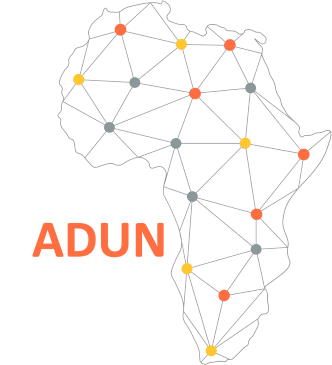Abstract
Socially just opportunities for formal university courses (like the Education in Emergencies Diploma offered to students in Kakuma and Dadaab, refugee camps in Kenya) have been made possible by scholarships and on-the-ground student support from AHEEN, the African Higher Education in Emergencies Network. In this paper, we critically reflect on two recent visits made by AHEEN members to the refugee camps of Kakuma and Kalobeyei. There is a new focus on giving marginalised students in refugee camps access to relevant and contextualised higher education diplomas and degrees. Recognised and accredited formal qualifications that will form part of the durable solutions; reintegration, resettlement and repatriation or even hopefully lead to better employment terms in the camps, or wherever they will settle, is a critical development. Through the guidance and support of AHEEN, the Inter-agency Network for Education in Emergencies (INEE) is developing Minimum Standards (MS) for higher education in emergencies that will guide the design, development and implementation of HE programs in crisis contexts. In this paper, we will provide a snapshot of what it takes to design and implement courses in which refugee students have a fair chance of succeeding in their fragile contexts. All aspects of designing, delivering and supporting an online facilitated course will be reflected on through the ADDIE framework lens. Key critical takeaways will be shared to understand what is needed to successfully deliver online university courses to students in fragile African contexts.
More about the presenters
The presenters, Jan Petrus Bosman, Loise Wambui, Daniel Gakunga, Susan Ghepkonga and Susanne Van Lieshout are from three organisations (Stellenbosch University, University of Nairobi, ADUN/ and Moving Development forward) that are involved in the Education in Emergencies Diploma delivered to refugee students in Kakuma/ Kalobeyei. The group did a field visit to the camp and met with the students in the Diploma, as well as with the support organisation, WERK/ Yes.
